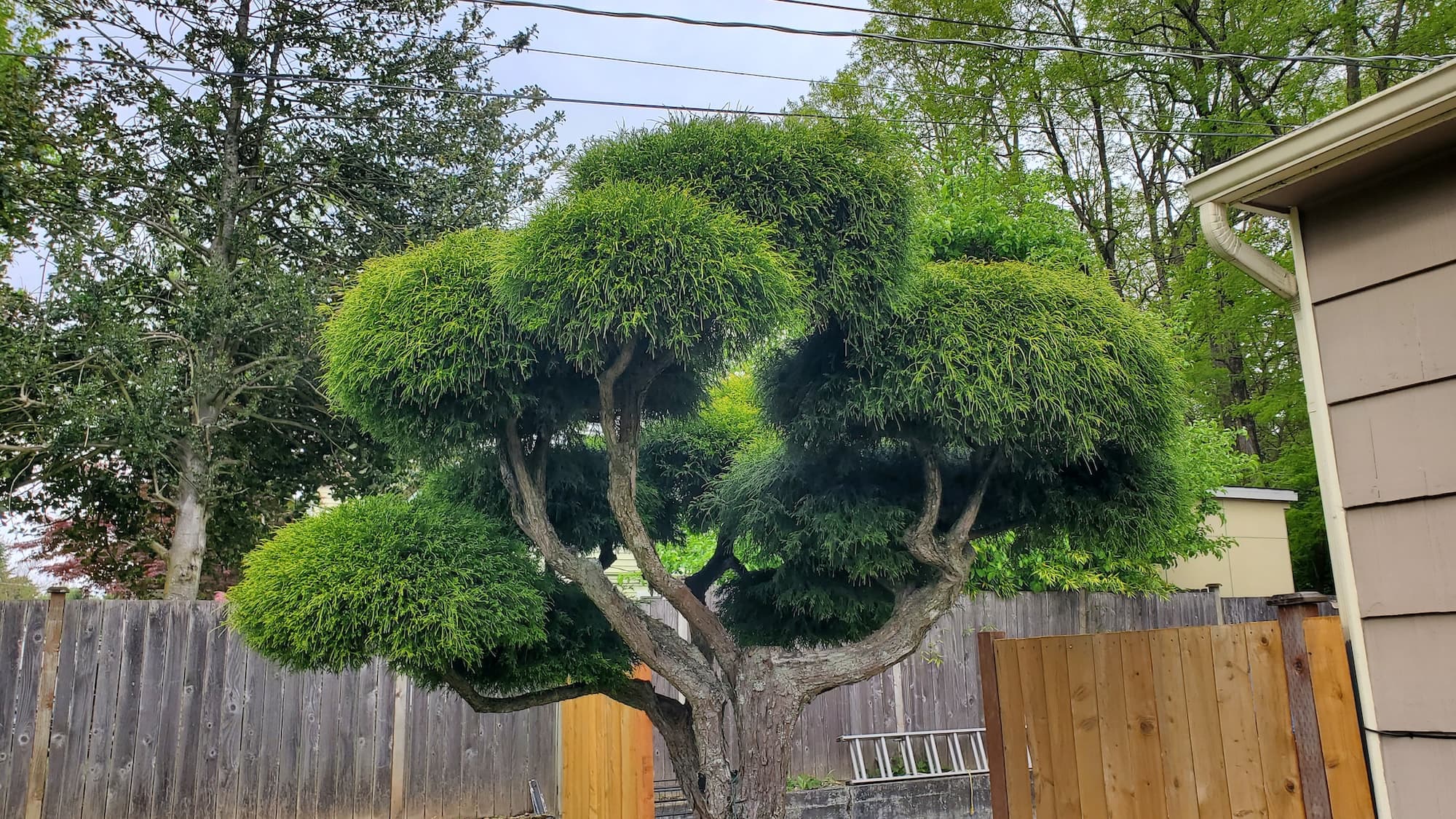West Seattle retaining wall repair contractor
Homeowner’s Issue
West Seattle yards sit on a patchwork of glacial till, compact clay pockets, and man‑made fills—plus steep slopes above Alki, Admiral, and Fauntleroy. Winter rains are long and heavy here, and poor drainage quickly turns a small crack into a sliding wall, pushed by saturated soil and root growth. Salt spray and wind on coastal slopes can strip topsoil, while shaded ravines foster moss and ivy that hide failing blockwork. Many homes have narrow alleys or stepped access, so hauling and staging are a challenge compared with flat lots.
HOA rules and permit lines in parts of West Seattle mean you can’t just stack timber and hope for the best; Seattle Public Utilities and SDOT runoff paths matter. Summer brings dryer months and a window for repairs, but roots and weeds return with the first fall rains. Sustainable repair focuses on drainage (weeping tile, gravel backfill, cutoff drains), soil stabilization with native plantings, and materials that handle freeze‑thaw and salt exposure. We avoid chemical herbicides and use organic, mechanical, and mulch strategies to keep ivy and invasive grasses from undermining repairs. If you want a wall that lasts and stays low‑maintenance, you need fixes sized for our soils and the reality of West Seattle weather.
Our Quality Service
We inspect, diagnose, and fix retaining walls with practical, sustainable methods suited to West Seattle’s soils and slopes. Work typically starts with a site visit and simple grade survey, followed by a plan for drainage, foundation reinforcement, and facing repair or replacement. Tools: hand crews for tight spots, compactors, skid steers where access allows, and contractor‑grade gravel and geo‑fabric for stability. Timelines: small repairs in a day to two, larger rebuilds over 3–7 days depending on access and permits.
Local insight: we size drains for heavy fall/winter flow, prefer modular block or treated timber where salt spray is an issue, and plant deep‑rooting natives to bind slopes. We follow Seattle water use guidance and avoid herbicides—only organic weed control and mechanical removal.
Benefits: safer slopes, reduced erosion, better curb appeal, less seasonal maintenance, and durable fixes that respect HOA and city rules.
What’s Included
- Onsite inspection and written assessment
- Measured repair plan with photos and basic grading notes
- Drainage fixes: perforated drain lines, gravel backfill, and outlet grading
- Structural repairs: re‑leveling, tamping, and partial/full rebuilds
- Cleanup, debris haul‑away or green‑bin sorting
- Final grading and native slope planting options
Options / upgrades:
- Mulch + weed fabric for paths and planting beds
- Organic weed control and manual ivy removal
- Haul‑away vs. green‑bin sorting (compostable material separated)
- Decorative gravel or planting pockets for pollinators
- Permit support and stamped drawings (where required)
Before & After / Expectations
- Mess & noise: expect typical construction noise and some soil movement; we keep it contained and tidy at day’s end.
- Access: tight alley or stairs add time; tell us photos or a gate code before the visit.
- Debris handling: choose haul‑away dumpster or green‑bin composting for organics—no burning.
- Timeline: minor patchwork 1–2 days; partial rebuild 2–4 days; full rebuild 3–7+ days including curing and planting.
- Aftercare: keep new plantings watered the first 6–8 weeks in dry months, clear drain outlets before fall rains, and check for blocked weep holes after heavy storms.
- West Seattle tips: prune ivy and Himalayan blackberry in late summer, remove moss by light scraping and increased sun where possible, and avoid planting invasive species on repaired slopes.
FAQs
Q: Do you use herbicides to control ivy and weeds?
A: No. We use mechanical removal, organic treatments, mulching, and planting competitive natives.Q: When is the best time to repair a wall in West Seattle?
A: Late summer to early fall is ideal—soil is drier, but you still have time to settle plantings before winter rains.Q: What if access is via stairs or a narrow alley?
A: We plan for hand crews and smaller equipment. Extra labor/time is quoted up front.Q: Will you handle permits?
A: We can provide permit‑ready drawings and coordinate with you, or advise if a permit isn’t required.Q: How long before planted slopes prevent erosion?
A: With proper soil prep and natives, roots begin stabilizing within one growing season; full establishment takes 1–3 years.
Call to Action
West Seattle homeowners: if your wall is shifting, leaking, or just ugly, book a practical, sustainable repair that fits our rainy winters and steep lots. We offer quick scheduling, clear estimates, and local know‑how around Alki, Lincoln Park, and Admiral.
Email neatandtidyseattle@gmail.com or call 206‑538‑9344 for a free photo estimate and a site visit. Fast quotes, honest timelines, and repairs that last without chemical shortcuts. Licensed & insured, local crew.










